As the Trump administration and Texas governor Greg Abbott restrict free speech on college campuses, two professors at the University of Texas at Dallas (UTD) are suing the university for retaliation stemming from 2024 arrests at a peaceful campus protest.
History professors Ben Wright and Rosemary Admiral argue they should not have been arrested in the first place at the 1 May 2024 demonstration, where they were standing between their students and heavily armed law enforcement.
Following the arrest, the professors say their university engaged in retaliation by severely restricting their access to campus, vaguely ordering that classroom instruction and “employment/research related activities” were the only permissible reasons for them to show up at work.
“UTD wrongly banned these plaintiffs from campus entirely at first, falsely claiming a court required that,” said the professors’ attorney, Christina Jump. “No court required that.”
The professors’ 29-page complaint, filed in a district court in Texas, names UTD and the University of Texas system as defendants, as well as former UTD president Richard Benson, current president Prabhas Moghe, Abbott and Ken Paxton, the attorney general. In addition to allegations that the defendants violated their civil rights, the professors also claim violations of the fourth and first amendments, arguing that they were unlawfully arrested without probable cause and later faced retaliation for peacefully protesting.
The lawsuit arrives amid the Trump administration’s assault on higher education, as well as similar attacks by Abbott. In Texas, recent bills and executive orders have stripped faculty senates of their power, limited “expressive activities” such as protests to certain hours of the day, and called upon universities to adopt a broad definition of antisemitism.
Gregorio Olivares Gutierrez, a junior at UTD and the editor-in-chief of the independently run Retrograde newspaper, says the university’s treatment of Wright and Admiral is part of a broader erosion of faculty and students’ rights in Texas. Professors are afraid of saying the wrong thing, he said, for fear of “going viral” and losing their jobs, as recently happened at Texas A&M University.
“I think this is going to be the playbook for the rest of the country,” Olivares Gutierrez said. “Because why would the federal government that is on such a censorial kind of power trip not want to repeat a successful system if it gains ground in Texas or in Florida?”
The Guardian has contacted UTD, Abbott and Paxton for comment.
Jump, an attorney with the Muslim Legal Fund of America, emphasized the stress her clients experienced over the last 18 months. Wright and Admiral were not ultimately charged with a crime, she pointed out, though it took nearly a year for them to learn they would not be indicted. This, Jump said, is highly unusual.
“If there are legit reasons to charge, people get charged quickly,” she said. “That is as long as it possibly could have taken.”
Fourteen students were indicted for obstruction of a passageway, and Wright told the Guardian that this grand jury decision was “the fulfillment of my worst nightmare”.
“I tried to protect my students,” he said, “and I failed.”
One of the students who was arrested spoke to the Guardian on the condition of anonymity, fearful of disciplinary action by their university. The student is frustrated that UTD has refused to meaningfully engage in a discussion about one of the core aims of those May 2024 protests: getting the university to divest from weapons manufacturers.
“UTD has not only refused to hear out what the students want, but has been outright repressive and aggressive again against these students and also faculty and anyone on UTD staff who have demanded that UTD cut ties with genocide and occupation,” the student said.
Wright was traumatized by his arrest, in which he was chained at the wrist, feet and legs before being held for a half hour in a police van with no air conditioning. As he later recounted in an op-ed, the police transported him and the 20 other arrested protestors to jail in historically conservative Collin county, despite the fact that most of UTD’s campus – including the section where the protest took place – is in Dallas county.
Once in jail, he wrote, the professors and students were “lectured about the ‘suicide’ of Sandra Bland”, a Texas woman whose family has long harbored suspicions about her death in police custody. Wright and Admiral spent the night in jail before being released the following day.
The 18 months since his arrest and incarceration have been emotionally painful, Wright said, in part because of the spectre of prosecution. But even after he regained full access to campus at the start of this fall semester, he remains plagued by “intrusive thoughts” about that day in May: “I see the barrels of the guns that were pointed at me, hear the aggressive shouts from the officers, and remember the faces of my terrorized students.”
Admiral has endured significant trauma, as well. She spent the first eight months after the arrest unsure about her court-ordered bond conditions or how the university would enforce them. The original copy of the conditions included some unreadable text, and she only saw the legible version after the Retrograde published a trove of internal university communications and documents pertaining to the arrests. (To obtain access to these documents, the paper, which operates without university support, had to raise nearly $3,000.)
Even after gaining clarity about when she was permitted on campus, Admiral felt immense anxiety.
“I work best from my campus office where I have my library and research materials, and I would have a constant inner monologue thinking of how I would justify my presence on campus to UTD police,” she said. “Would they understand that I had grading that I did in my office on the weekend, or stayed late on campus for a meeting or a dissertation defense? Would I need to prove it to them?”
She got in the habit of carrying a library book with her while walking on campus so that, should she be stopped, she’d have a way “to justify my movements”.
“The biggest psychological toll involved my concern about what would happen to my child if I were detained, if I wasn’t there to pick my child up from school, or if my child was with me if I was detained again,” she said. “At times, the anxiety got to a point where I became physically sick at being unable to fully work on campus.”
Jump told the Guardian that the defendants can now either answer each portion of her clients’ complaint, or file motions to dismiss. If they choose the latter, Jump said her team will mount an aggressive defense.
“UTD never apologized for wrongly presuming their guilt,” the attorney said. “And despite UTD’s eagerness to declare these professors guilty without cause for 12 months, UTD has yet to publicly acknowledge their innocence.”
Her clients are not the only professors suing UTD for an arrest related to the pro-Palestine protests: art history professor Ali Asgar Alibhai is also suing his employer for violating his constitutional rights.
Olivares Gutierrez, the newspaper editor, says the events of that May day “hang over campus like this horrible splotch that they can’t get out”.
“It is the most arrests we’ve had in a single event,” he said. “All in response to students hanging out, making their opinions clear. Yes, they are opinions that the university disagrees with, but they’re still protected by the first amendment.'
“It was a documented, peaceful event, and even when the university did its own investigation, they found that, yeah, there weren’t weapons there. It wasn’t a danger to anyone. But the response to it is something that even the freshmen who weren’t here for that talk about.”

 German (DE)
German (DE)  English (US)
English (US)  Spanish (ES)
Spanish (ES)  French (FR)
French (FR)  Hindi (IN)
Hindi (IN)  Italian (IT)
Italian (IT)  Russian (RU)
Russian (RU)  2 hours ago
2 hours ago
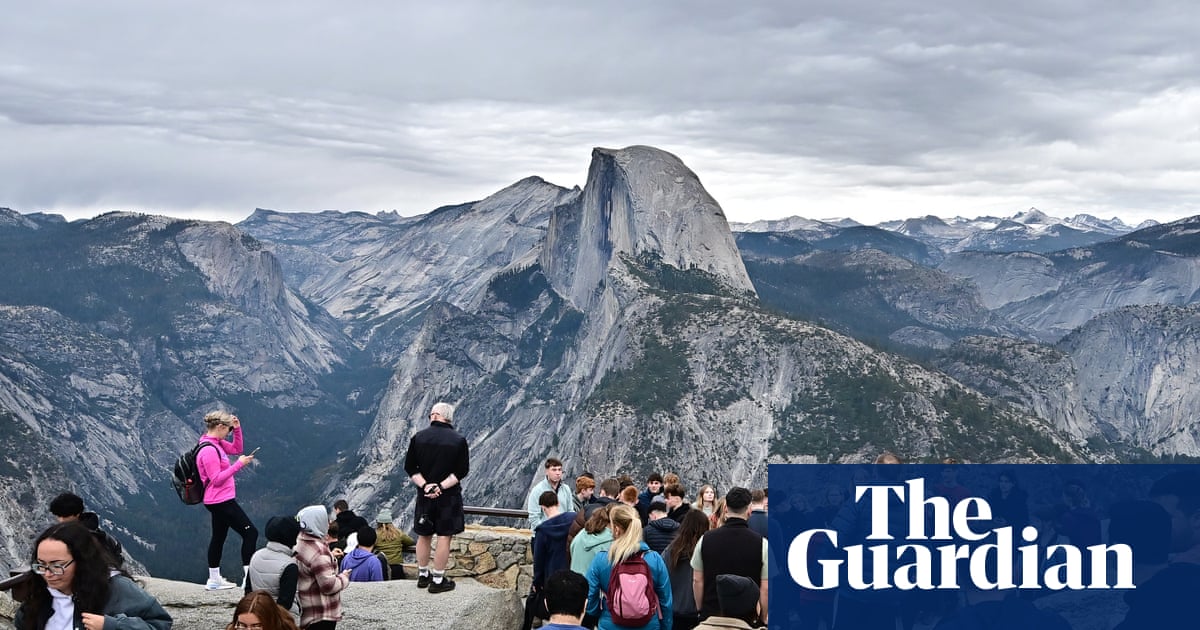

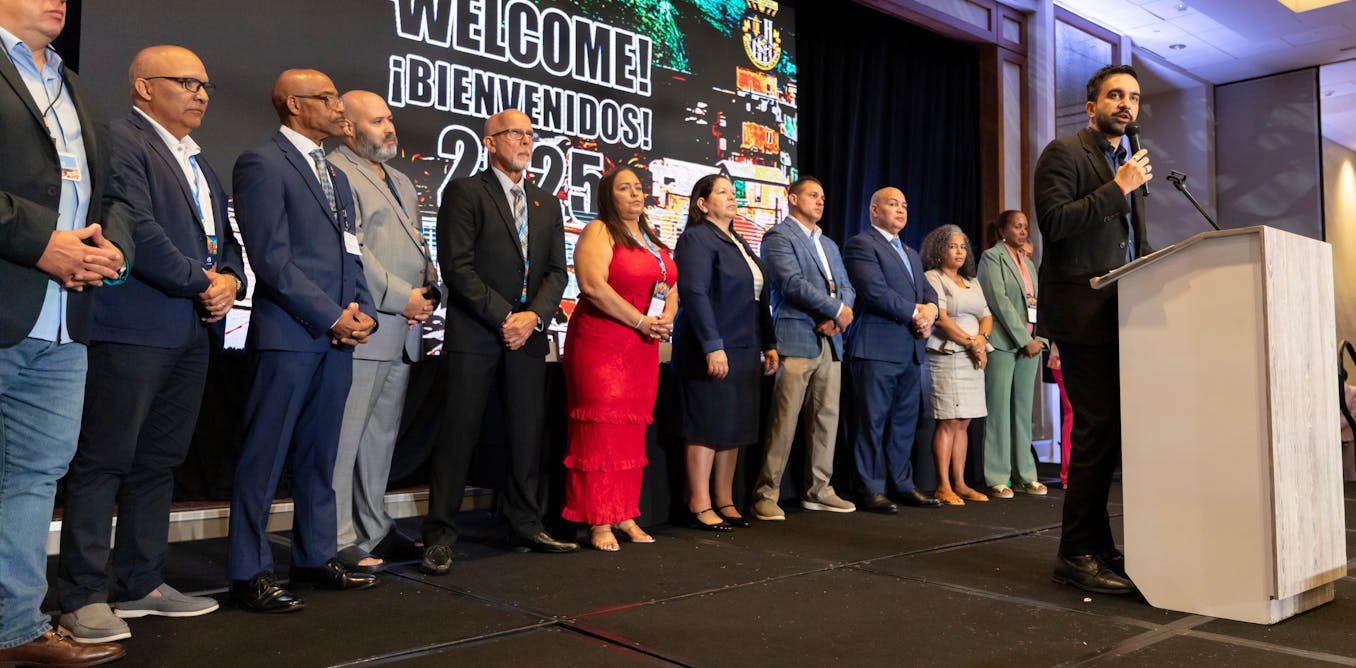




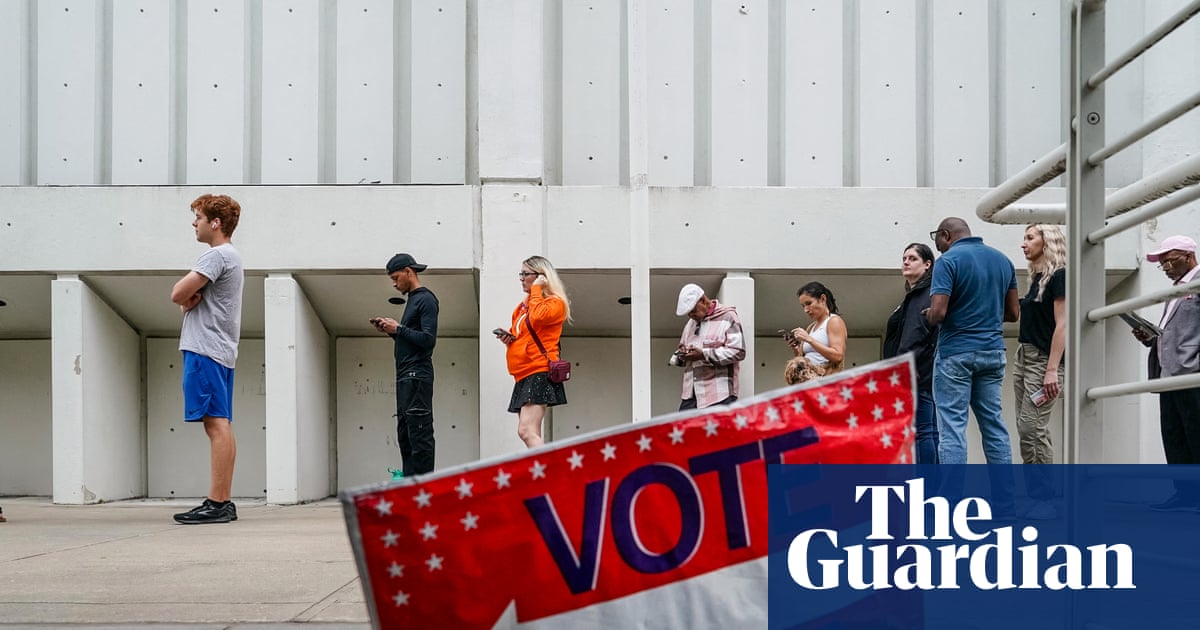




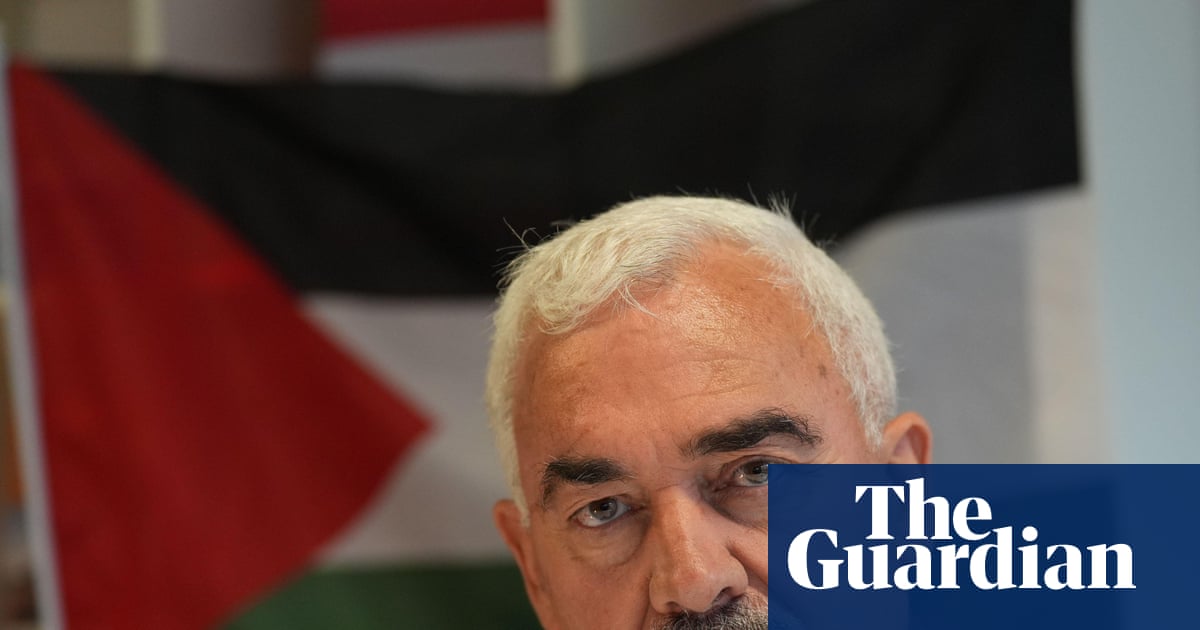






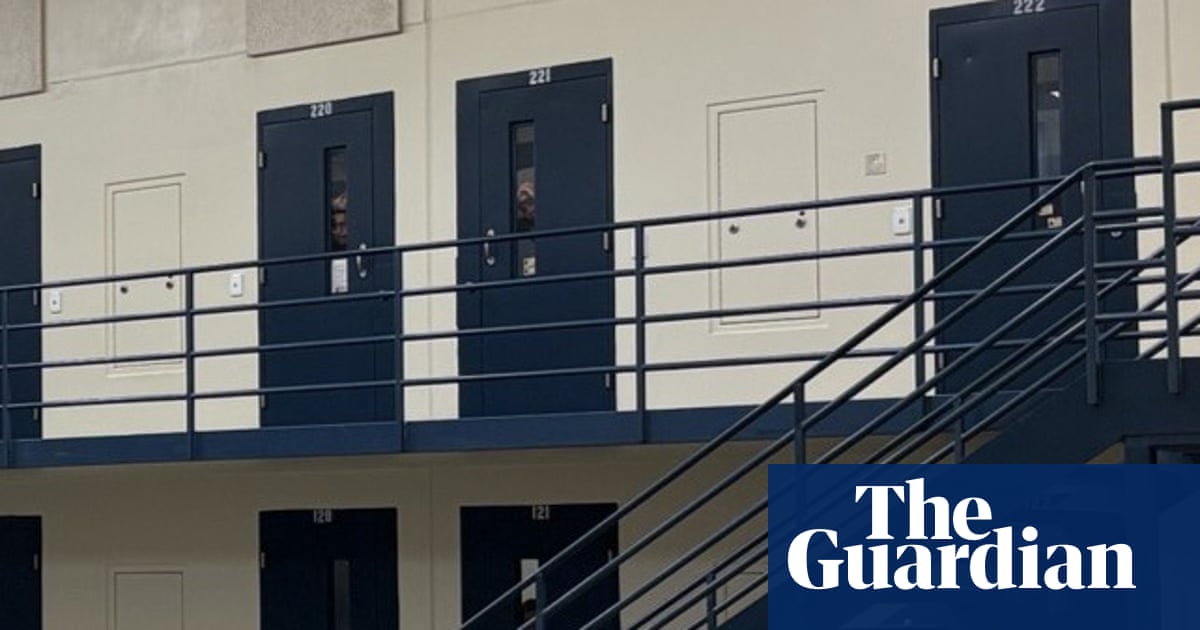




Comments